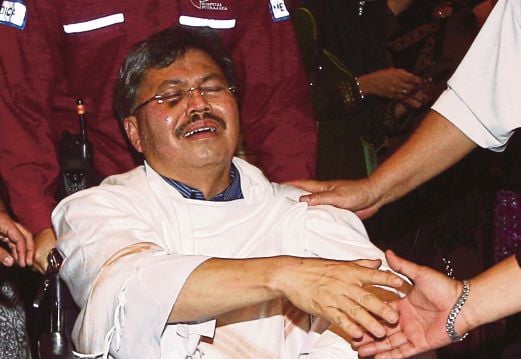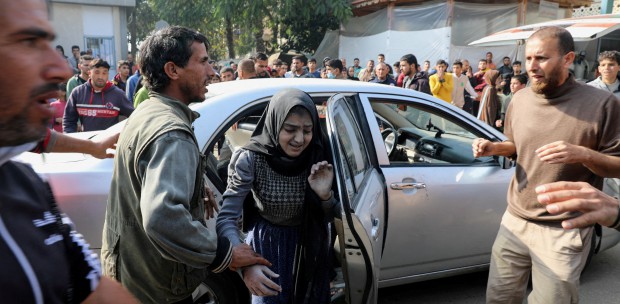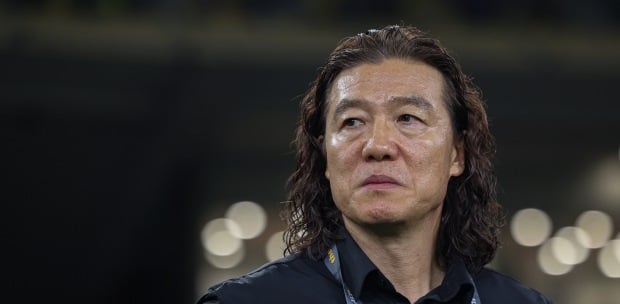THE grass always looks greener on the other side, and never more so when you think of the privileges and respect accorded to members of the diplomatic corps. When you think of an “ambassador”, you think of that big house designed to entertain; the hobnobbing with the influential people of the country; the many doors that suddenly seem to spring open. Never mind the fact that more doors seem to be slammed in the ambassador’s face; that the hobnobbing adds years to your life; and, that out-of-pocket costs are always incurred with entertaining people in your residence.
We don’t think of diplomats as being in the frontline of the country’s defences. If Hitler is to be believed, then war only begins when diplomacy fails. Then there should be no fallen diplomats, no men and women who have given their lives for king and country.
We know this is not true. As recently as last month, three ambassadors and two spouses of ambassadors died in a helicopter crash while on a goodwill tour of their host country. They were on duty, and in service at the time of the crash. If it brought on a morbid sense of déjà vu, it is probably because in 1988, the United States ambassador also died in a plane crash in the same country.
Hollywood sometimes portrays foreign ambassadors with a wall of bodyguards protecting them. If only this were true. The reality is that most diplomats posted to countries in conflict live in fear of the world outside their door. Who knows what group may be targeting envoys just for the fun of it. After all, it is difficult to forget the brutal kidnapping and assassination of a US ambassador to Lebanon in 1976 as he was on his way to present his credentials to the president.
Assassination seems to have given way to hostage-taking in a world fraught with dangers for the diplomat. The Iranian hostage crisis in 1979 had 52 diplomats and staff, the Japanese embassy hostage in Peru had at least seven ambassadors — all captured as hostages because they were members of the foreign service. The US State Department lists eight of its ambassadors killed in the line of duty from 1950 to 2012. The British Foreign and Commonwealth Office, maintaining its stiff upper lip, remains mum about the number of their own killed in service. Though with the longer history of British diplomacy, it would be safe to guess that the number would be in the double digits, if not triple digits.
Unlike the American Foreign Service, the Malaysian foreign service is still relatively young. This does not mean that it has not had its share of tragedy, however.
One of the most gruesome deaths to hit the Malaysian diplomatic corps was that of its consul-general in Pontianak, in 1998. While on a routine road trip with his ambassador in Kalimantan, his car met with an accident. He bled out before emergency services could get to him. Then, there was Malaysia’s ambassador to Peru who spent 10 days under guerilla imprisonment during the Japanese hostage crisis in 1996. Luckily, he lived to tell of his ordeal and could even joke of it in later years.
One of Malaysia’s ambassadors to Vietnam was not so lucky. After receiving word that a bomb had detonated in the vicinity of his sons’ school, he rushed over to the school only to find nothing but debris and his two boys among those who lost their lives that day.
It is not only the men who have experienced hardship. Gender makes no difference when a gun is pointed to your head, as the ambassador to Papua New Guinea can attest.
Natural disasters are also minefields in the diplomat’s life. Having escaped the devastating earthquake in his host country, the charge d’affairs in Kathmandu told of being awoken by mini-tremors in the middle of the night. It is off-hand statements like this that bring home to us just how lucky we are to not be the target of bombings and assassination attacks. There is enough in the world for diplomats to deal with, without adding hatred to the mix.
After 50 years of diplomacy, 114 missions around the world, and a corps of only 400 diplomats, Malaysia’s diplomats have seen their share of hardship and sorrow. The grass is not that green after all on this side of the fence.
The writer is a Malaysian diplomat who has served in the United Nations (New York) and is pursuing her PhD at the University of Sheffield





